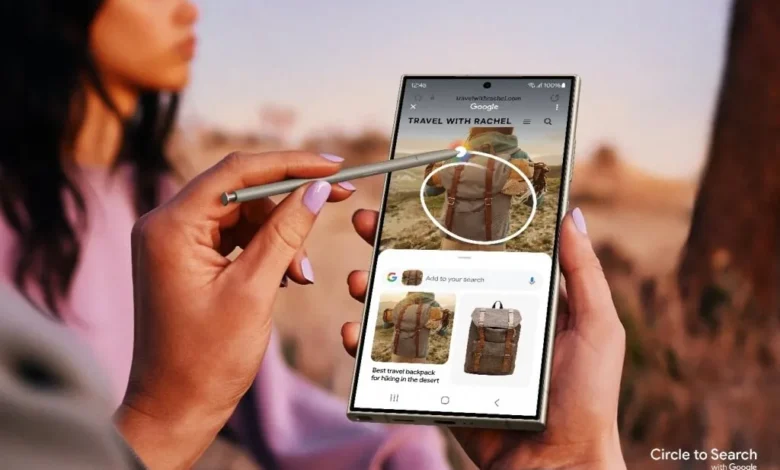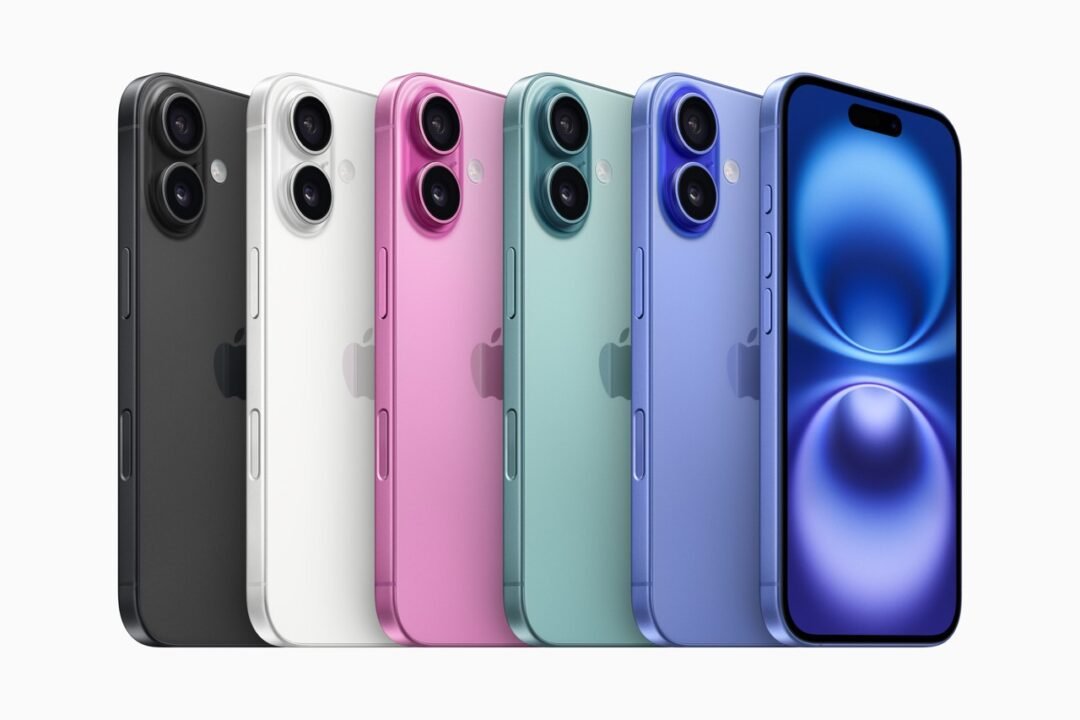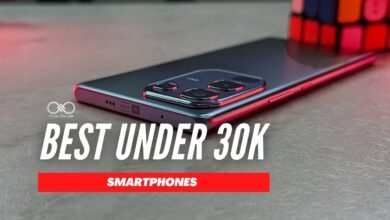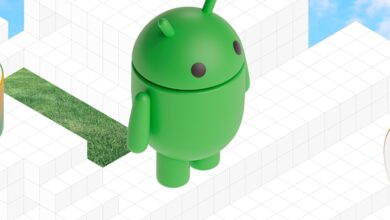
Launched earlier in 2024, the Samsung S24 Ultra has beaten hands-down the new iPhone 16 Series lineup in the latest MrWhosetheboss battery comparison tests. The results showcased the impressive endurance of Samsung’s flagship, outlasting every device in Apple’s latest lineup, including the high-end iPhone 16 Pro Max.
All the phones in the comparison were new, with 100% battery health, to ensure a fair test. Conditions such as screen brightness and room temperature were kept identical, and the same set of applications—ranging from web browsing to gaming—were run on each device to simulate real-world usage.
Battery Results:
Here’s a breakdown of how the devices performed:
- iPhone 15: 7 hours 45 minutes
- iPhone 16: 8 hours 19 minutes
- iPhone 16 Pro: 8 hours 19 minutes
- iPhone 16 Plus: 8 hours 45 minutes
- iPhone 15 Pro Max: 9 hours 35 minutes
- iPhone 16 Pro Max: 11 hours 22 minutes
- Samsung S24 Ultra: 12 hours 31 minutes
The Samsung S24 Ultra outlasted the best-performing iPhone, the 16 Pro Max, by more than an hour, with an impressive 12 hours 31 minutes of battery life. This further solidifies Samsung’s position as the go-to option for users prioritizing battery endurance.
The S24 Ultra’s superior battery life can be attributed to several factors. It runs on the Snapdragon 8 Gen 3 processor – which has been amazing even on the Fold 6, and benefits from Samsung’s own software customizations. Additionally, improvements brought by Android 14 have helped Samsung optimize energy use, allowing the device to last significantly longer than its competitors.

The iPhone 16 Series: A Mixed Bag
Apple’s latest lineup didn’t fare as well. While the iPhone 16 Pro Max saw improvements over last year’s iPhone 15 Pro Max, with a runtime of 11 hours 22 minutes compared to last year’s 9 hours 35 minutes, other models in the lineup delivered more modest improvements.
The iPhone 16 and 16 Plus run on the A18 chip, while the Pro models, including the 16 Pro Max, use the more powerful A18 Pro chip. Despite these hardware upgrades, the iPhone 16 and 16 Plus still lagged behind the Samsung device, clocking in at 8 hours 19 minutes and 8 hours 45 minutes, respectively.
A Decline in iPhone Battery Performance?
Interestingly, compared to the 2023 battery tests by MrWhosetheboss, all the iPhones in this year’s test have significantly lower battery life. For example, last year’s iPhone 15 Pro Max achieved 11 hours 41 minutes, but the new iPhone 16 Pro Max fell short with 11 hours 22 minutes.
In last year’s test, the iPhone 15 Plus achieved an impressive 13 hours 19 minutes, a feat that no iPhone managed to match this year. This difference could be due to iOS 18 being more demanding on battery life than iOS 17, or it’s possible that Arun’s tests this year involved more taxing tasks.
Last Year’s Battery Test Results: A Comparison
For reference, here’s how the 2023 lineup performed in the same test:
- iPhone 14: 9 hours 2 minutes
- iPhone 15 Pro: 9 hours 20 minutes
- iPhone 15: 9 hours 57 minutes
- iPhone 14 Pro Max: 10 hours 54 minutes
- iPhone 13 Pro Max: 11 hours 19 minutes
- iPhone 15 Pro Max: 11 hours 41 minutes
- iPhone 15 Plus: 13 hours 19 minutes
The decline in battery life across this year’s iPhones, despite new chips and optimizations, suggests that Apple may need to focus more on energy efficiency in future updates.

Conclusion: S24 Ultra is Battery King
In this year’s comparison, the Samsung S24 Ultra stands out as the clear leader in battery performance. Its 12 hours 31 minutes of usage is a result of the efficient Snapdragon 8 Gen 3, combined with Samsung’s software optimizations and improvements in Android 14. For users who demand long-lasting performance, the S24 Ultra is the obvious choice.
On the other hand, while Apple’s iPhone 16 Pro Max offers solid improvements, especially with the A18 Pro chip, it doesn’t quite match up to Samsung’s endurance. The overall drop in battery life compared to last year’s iPhones could be a sign that iOS 18 needs further optimization.





